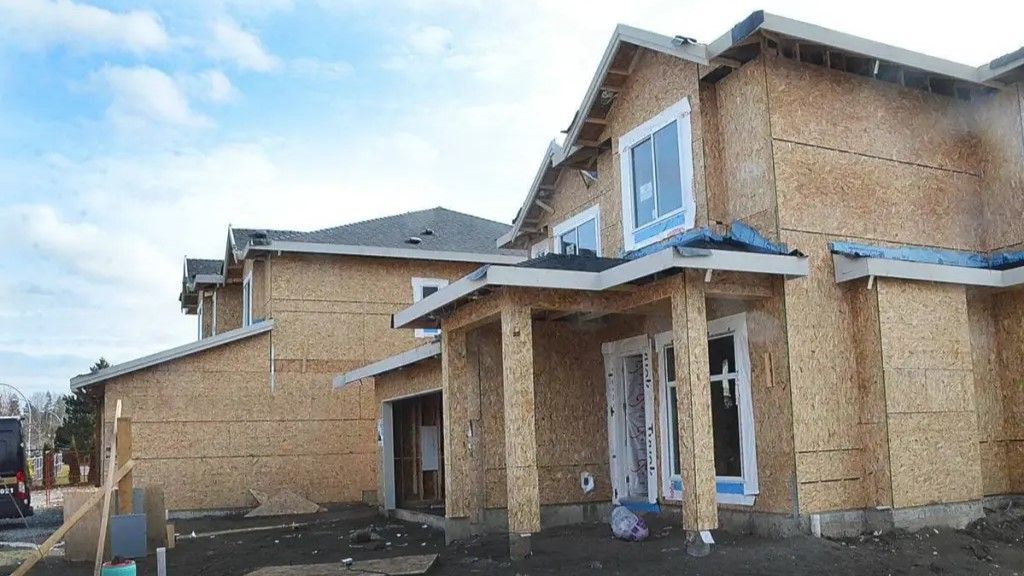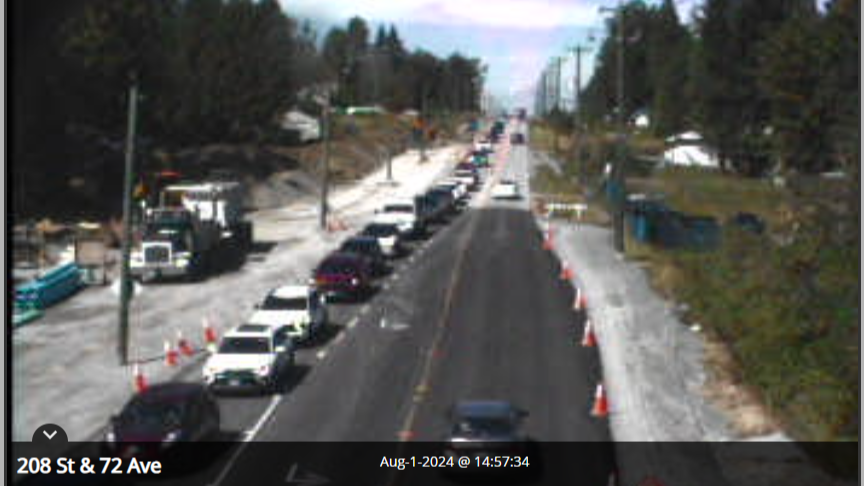Ways to Save for a Down Payment on a Home
If you are hoping to become a homeowner, the first thing you will need to do is put together a down payment. For most people, this means saving up. The post Ways to Save for a Down Payment on a Home appeared first on Andy Schildhorn, PREC.
If you are hoping to become a homeowner, the first thing you will need to do is put together a down payment. For most people, this means saving up. Here are some things to think about that should help you save for a real estate down payment.
- Stay focused – While many people start strong with their, after a while, other temptations start to creep in. It’s important to keep the down payment as your top priority and resist spending on other things.
- Make it automatic – Set up a new account for your savings and create automatic deposits each month from your paycheque into the savings account.
- Make it fun – Create little savings challenges that will make it feel like a game. Create a competition between you and your partner to see who can save the most on things like car insurance or internet bills.
- Add any extra cash to the down payment fund – Rather than using unexpected cash (such as from birthdays or tax rebates) to treat yourself, put it into the savings fund.
- Supplement your income – You could do some extra freelance work or sell unwanted items on Craiglist/eBay.
For more tips on saving for a down payment, click here. If you have any questions about becoming a homeowner, feel free to give me a call.
The post Ways to Save for a Down Payment on a Home appeared first on Andy Schildhorn, PREC.







